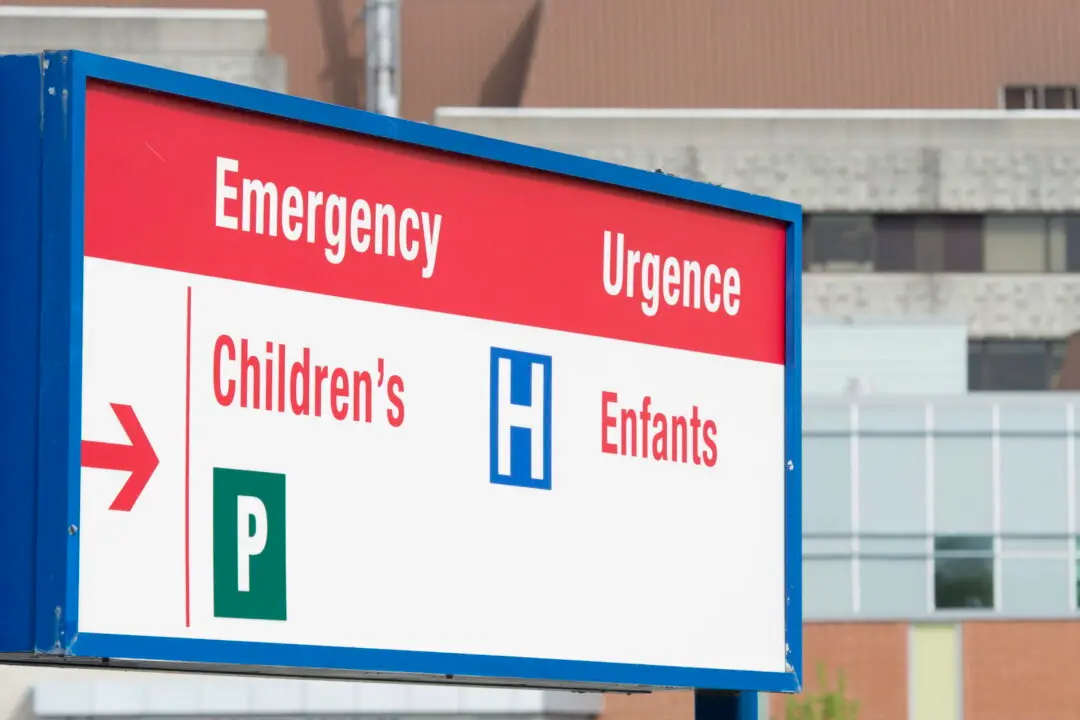Health care concerns are at a two-year high in Canada, surpassing jobs, economy, and inflation as the top national issue of concern, a Nanos Research survey says.
The latest weekly survey by the public opinion company, which looks at a four-week change in the top ten national issues of concern, shows 16.1 percent of respondents have selected health care as their number one concern, up a full 3 percentage points compared to the 13.1 percent in the survey released on Nov. 1.





